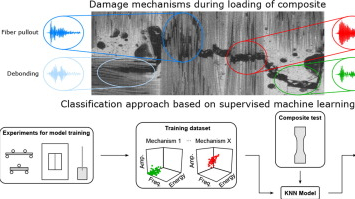M. Avila, C. Heinicke, L. Colombi Ciacchi , A. Dekosy, S. Fehrler, K. Rezwan , N. Sieroka, K. Tracht, C. Verseux
44th COSPAR Scientific Assembly, Athens, Greece, 2022: abstract PEX.2-0002-22.
Leading space agencies have the intention to bring humans to Mars in the next decades, and some private companies are pushing for sooner deadlines. In fact, promises and plans to land humans on Mars have recurrently been announced since the end of the Apollo era, but have remained largely incomplete or even abandoned. At the University of Bremen, we are convinced that human Mars exploration will happen and that it will have a huge impact on both humankind and on the Martian environment. Given that even optimists do not see humans on Mars before the 2030s, we believe that now is the right moment to research possible scenarios for human Mars exploration and settlement, and to study the consequences for Earth, Mars and humankind. To this end, we have formed a new research initiative "Humans on Mars - Pathways to a long-term sustainable human presence" at the University of Bremen. Our approach to human Mars exploration is transdisciplinary and human-centered. On one hand, humankind has experienced tremendous progress and increase in welfare since the Apollo era. On the other hand, we see unambiguously the immense impact of increasing population and welfare on the environmental pollution and associated climate changes. In a nutshell, while the development of new technologies has been the main driver of progress, it has also put Earth in danger. We here argue that human Mars exploration can be instrumental in leading a change from a technology-centered toward a human-centered society, thereby solving our most pressing problems on Earth. Specifically, the thin CO2 Martian atmosphere, the scarcity of energy sources and water, the difficulties to produce food and consumables, and the need for cooperative human-robotic crews, pose challenges whose solutions will enormously benefit Earth. In short, the mindset emerging from thinking under the severe constraints on Mars could be the key to making our presence on Earth sustainable. In this talk, we will present our vision and report on the progress made in selected areas, starting with the shifts in experience and demands on new ways of interaction which come with humankind's expansion to Mars. These include the interactions of the humans on Mars with the humans on Earth on one hand and their habitat and swarm of robots on the other. We will present our efforts in in-situ resource utilization, which focus on sustainable bioproduction, the extraterrestrial fabrication of metal alloys, the production with impure materials and the harvesting of energy from space radiation.
© 44th COSPAR Scientific Assembly ( CC BY 4.0 )


